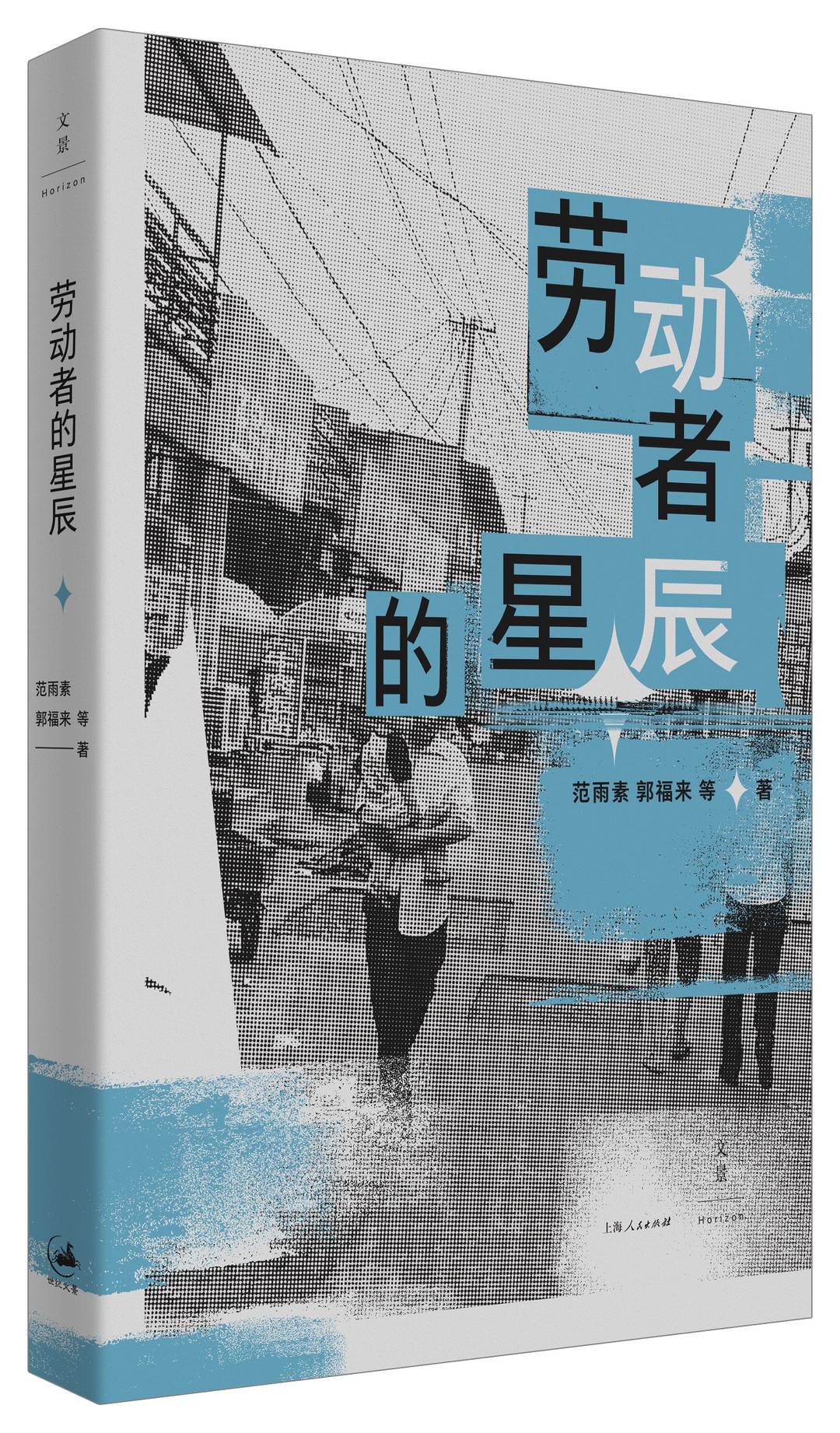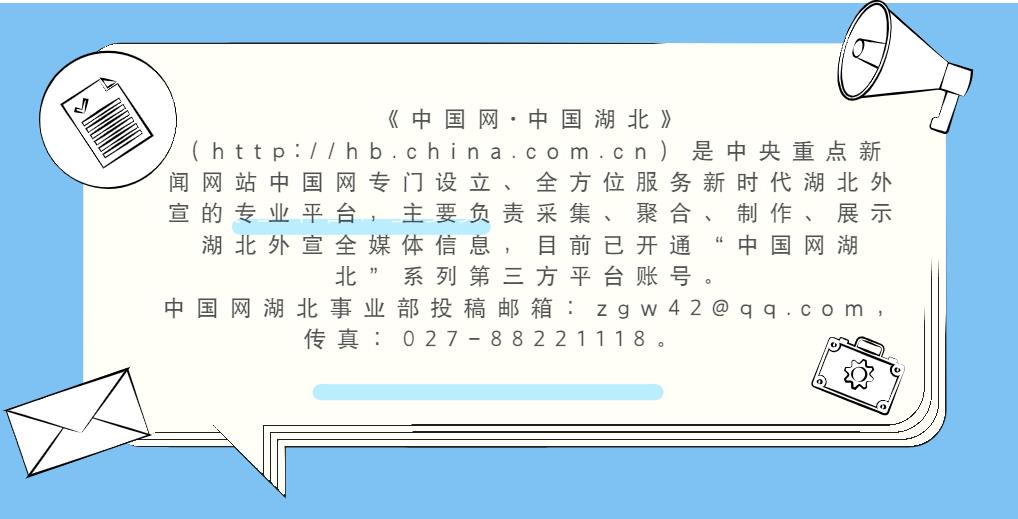"Parenting Parenting" Fan Yusu published a book together for 5 years after writing. Cultural observation
Author:Cover news Time:2022.09.20
Cover news reporter Zhang Jie
In 2017, the article "I'm Fan Yusu" brushed the screen in the WeChat circle of friends, reaching four million reading volume in three days. "Parenting" Fan Yusu and the "Picun Literature Group" behind her attracted widespread attention and discussion. Five years have passed, how about Fan Yusu? She and her literary friends are still writing?

In September 2022, the revenue including Fan Yusu's "Pi Village Literature Group" 9 authors of the 14 literary works "Star of the Workers" was officially published by Shanghai People's Publishing House. set. The 14 works are: Fan Yusu's "The Dream of Big Brother", "The Day of the North Drifting" ", Guo Fulai" Three People, One Tree, Forty Years "," Study Dog "," Study Mouse ", Li If "The Tuition of Poor Children", "Sweet Potato Powder Bar", Shi Hongli "A Past of a Sichuan Yueyue", Xu Koduo "The Most of the Steel Mouth", "What is the result of most of the honest people", Yuan Wei "Ahead of the Night", Wang Chengxiu "Under the High Building", Li Wenli "My Mother", Wan Huashan's "I Acoustic in Dongguan".
These authors are ordinary workers who are engaged in housekeeping, decoration, carpenter, etc., their works or new experiences of writing urban life, or remembering the past, or showing the migration between urban and rural areas. In their pen, literature plays a simplest and most rustic feature, directly expressing their life and life. Their works have simple, rough, vivid styles and vigorous vitality.
Fan Yusu also lived in Picun and completed his novels
Pi Village is a village in Golden Township, Chaoyang District, Beijing. It is located between the East Fifth Ring Road and the East Sixth Ring Road. It is close to the Capital International Airport. Here you can always see a low air aircraft. Due to the more remote location and cheap rent, there are more than 20,000 migrant workers living here, including many literary workers. They live in Picun or nearby, work in the city, and work in writing.
Members of Picun Literature Group come from Tiannanhai, and they have a post -60s to 90s. Workers have rich life experiences. Although their literary experience "generally comes from junior high school and high school Chinese", it has a certain distance from the literary classics of university education, so it also shows the simple, sincere and vigorous vitality that is different from professional creation. The new perspective, simple style, fresh active people. In addition, the works of the literature group are also excellent research samples in the fields of sociology, journalism, and communication.
Since 2014, Zhang Huiyu, a researcher at Peking University School of Journalism and Communication, who has been guided by the "Pi Village Literature Group", has made a long introduction "Writing our World in Literature" for this article. In this article, we have also learned some of Fan Yusu's recent situation.
Fan Yusu, who is a man in Xiangzhou District, Xiangzhou District, Hubei, still lives in Picun after he is famous. While doing clock -to -clock workers to maintain his livelihood, he continues literary creation. After Fan Yusu became famous, he occasionally participated in some "tall" activities. Said that literature has created a different degree of space beyond life, allowing her life to have multi -dimensional time and space, helping her through a long and difficult years. Sister Fan is sensitive and brave, a person with great wisdom, a person with great wisdom . During the epidemic, she completed her novel "Long -term Reunion". "
Fan Yusu's two works were included in "Star of Labor". Among them, "Big Brother's Dream" tells the story of a farmer with a dream and aerospace dream. Fan Yusu’s strokes are thorough, with a sense of humor with insight. The backyard of Mago Village may also appear next to Sangqiu. " Another article "The Days of the North Drifting" depicts Fan Yusu's all beings in the old goods market in Beijing in the 1990s.
"Every time I write is the marks under the gear of life"
Guo Fulai, born in 1969, was called "Big Brother Fulai" by the workers. He is a native of Zhangjiawa Village, Wuqiao County, Cangzhou City. The text published this time concentrated his "Three Man · One Tree · Forty Years" is an autobiographical prose. It tells a tree on the embankment of the hometown, telling the friendship of youth, the hardships and friendship after the family, and the friendship. Broken, family, land, and tree are the spiritual sustenance of Guo Fulai, who are working in other peoples.
Two articles of "Study Dogs" and "Study Mouse" look like fairy tales, but tell the hardships and fun encountered during the work process. Dogs, puppies' cry made "the dull air flowed briskly." A mouse broke into the shed and was caught by the workers and placed in a cage as a pet. This became the care of the roommates every day after get off work. Because the mice arrived, everyone often said in a word. "Yes", "I" tells the mouse performance in Wuqiao acrobatics, and some tell the story of "Liao Zhai" that the mouse becomes essential. The ending of the story is tragic, and the mice and stray dogs died because of a business trip to the country.
Shi Hongli, born in 1971, tells her life experience in "The Past of a Sichuan Yueyue": killing snakes in the restaurant, pouring shoes on the train station in the 1990s, going to a Taiwanese business as a nanny, and so on. Li Ruo is from Xinyang, Henan. He has published a large number of non -fictional works in "Netease World". "The Tuition of Poor Children" and "Sweet Potato Powder Bar" recalling her childhood life experience, showing the details and hardships of labor in simple text, and the writer Huang Lan evaluated her text "has the power of stabbing people." Xu Ke Duo was born in 1953. He was born in Qingyang, Gansu. He was a elementary school culture. He was the 27th year of the peasant as a ceiling. Later, he watched the door, miscellaneous, and the warehouse was kept in the courier company. Later, he went to the city to help his son bring two granddaughter. Brother Xu was clear about rural life. "Mercy Duan Gangzui" described the story of rural matchmakers who talked about the media for young men and women and promoted a good fate, rich in regional characteristics and life interest.
In addition, "Star of the Labor" also includes works by Yueyue Li Wenli, Wang Chengxiu, and post -80s author Yuan Wei and Wanhua Mountain. In Wang Chengxiu's "Under the High Building", the boundary between the nanny and the employer from the perspective of the nanny. From their articles, they can always see the particularity of housekeeping labor. One is that it is difficult to quantify the workload. During the labor process, huge emotions need to be paid. Time and space, the home is returning from society and work to a free private field from society and work, but the home is a workplace for housekeeping workers. It is located under the gaze and discerning of the employer at any time. Households are the "invisible people" in the city, and they are invisible in the employer's house. Their text expresses a desire to get the understanding of the city, and no longer suffers from the doubts and discrimination of employers. Wan Huashan shared the story of being a host and walking acupoint actor when he worked in Guangdong in his early years.
In the preface "Writing Our World in Literature", Zhang Huiyu talked about "because the workers have rich life experience, which makes the new workers' literary works full of rich social experience and details of life. All of my friends are not professionalism. The writer, even discussing can become a professional writer. Most of their writing comes from what they have seen and heard in their lives.
- END -
In 2022, the registration of adult college entrance examinations in Guizhou is about to begin

The implementation of the Sixth Supervisor of the Hubei Provincial Party Committee to see the implementation of Yangxin County's steady growth policy

On the afternoon of June 28, Xiao Zhongyuan, a second -level investigator of the H...